Here are bishop’s remarks at synod in support of same-sex marriage:
Her opening gambit, declaring LGBT people are “not an abomination” is a loaded statement along the lines of “when did you stop beating your wife?” It presupposes that there are conservatives in the church who think they are an abomination: no conservative I know thinks that.
She goes on to say that every person at the synod is “a beloved child of God”. Not quite. Every person is loved by God but before we receive Christ as Lord and Saviour, we are his creatures still in our sins deserving his wrath, not his children. Since this is an Anglican synod full of those averse to such ideas, I am sure there were at least some there that fell into the category of “creature”.
She moves then to piously declare that she will not pronounce LGBT people “not good enough” marry because, after all, we all take Communion together. This is another “when did you stop beating your wife?” statement. It has nothing to do with being “good enough”, it is a category error. Without redefining “marriage”, it is as impossible for a man to marry a man or a woman a woman as it is for them to marry a cabbage.
The bishop then meanders into the fantasy that marriage has little to do with sex so, by implication, we needn’t worry ourselves about the things homosexual couples get up to. Marriage is about relationship, not sex. No so: marriage is about relationship, erotic love and sex.
Now we reach the nub of the matter. Because Christian marriage is counter-cultural (it is), it must also be counter-cultural to marry homosexuals (it isn’t). The Anglican church is obsessed with homoerotic sexuality, just like the culture in which it immersed. It has absorbed, re-packaged and then regurgitated the obsession, but it is the same obsession: it is not counter-cultural.
This is the church pandering to culture.


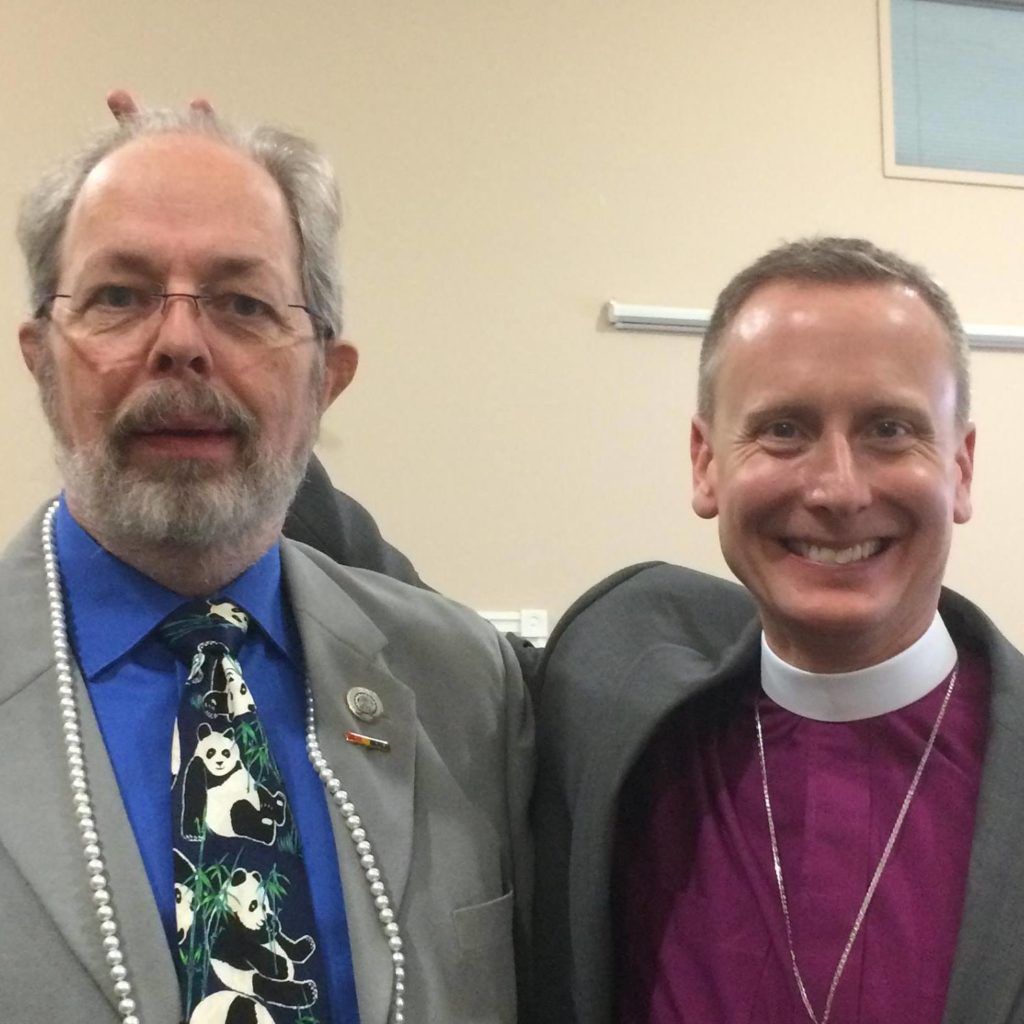
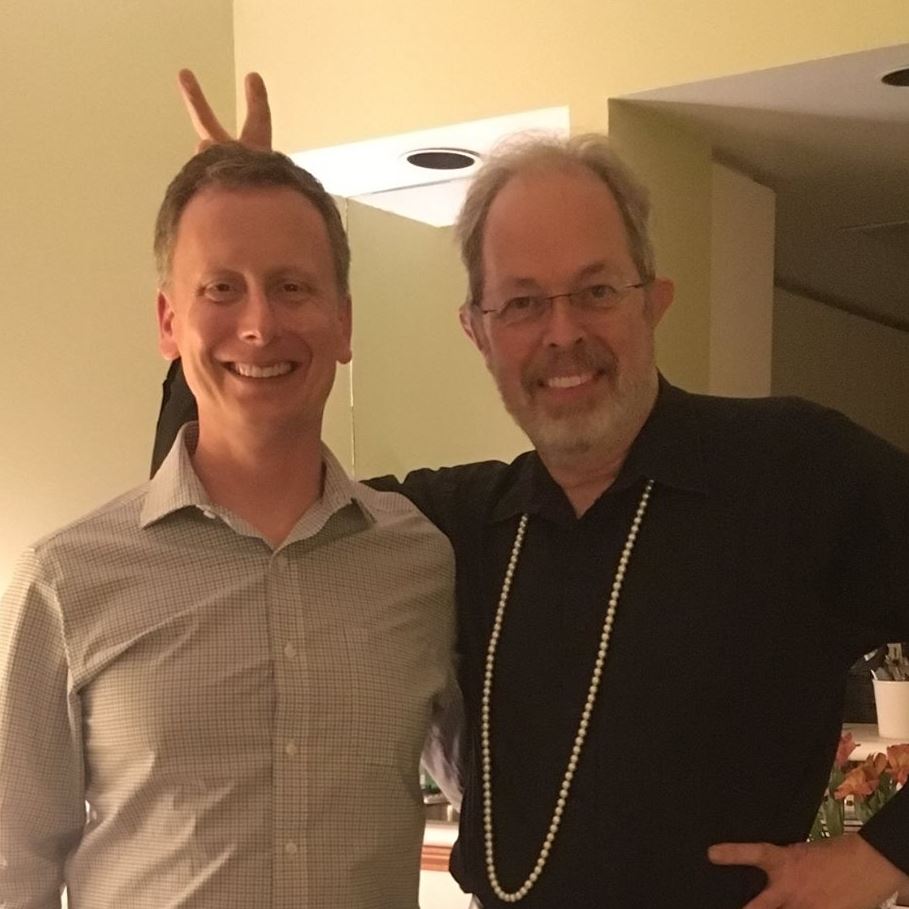
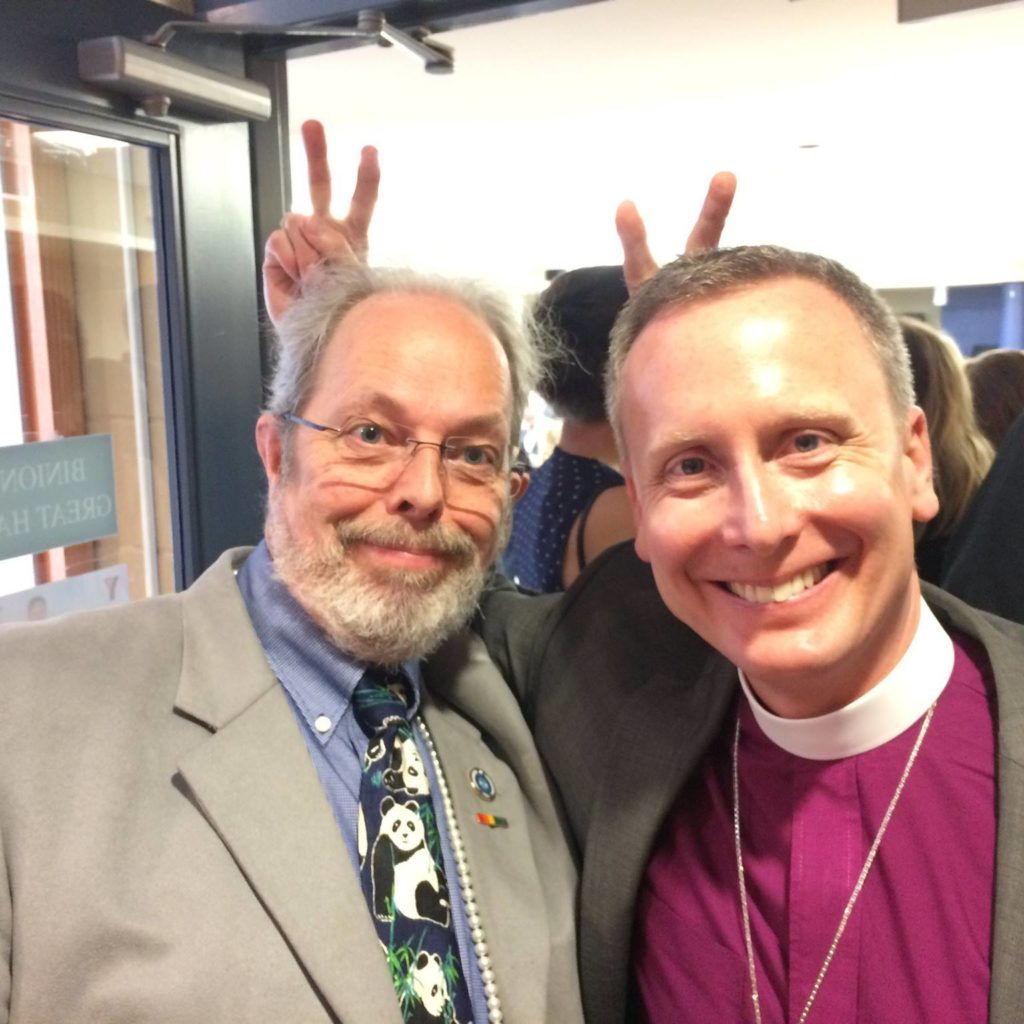
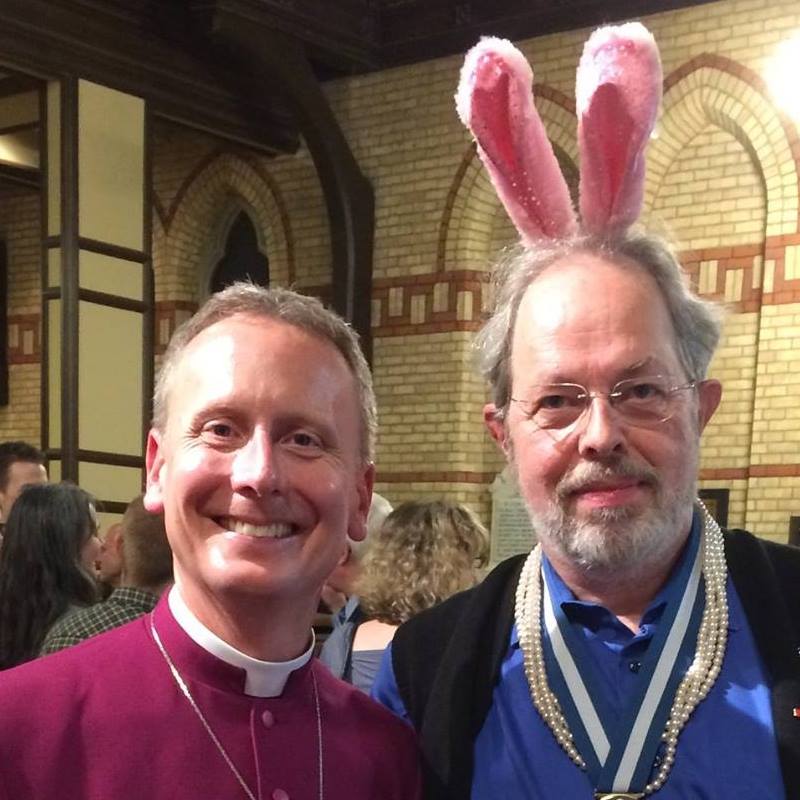
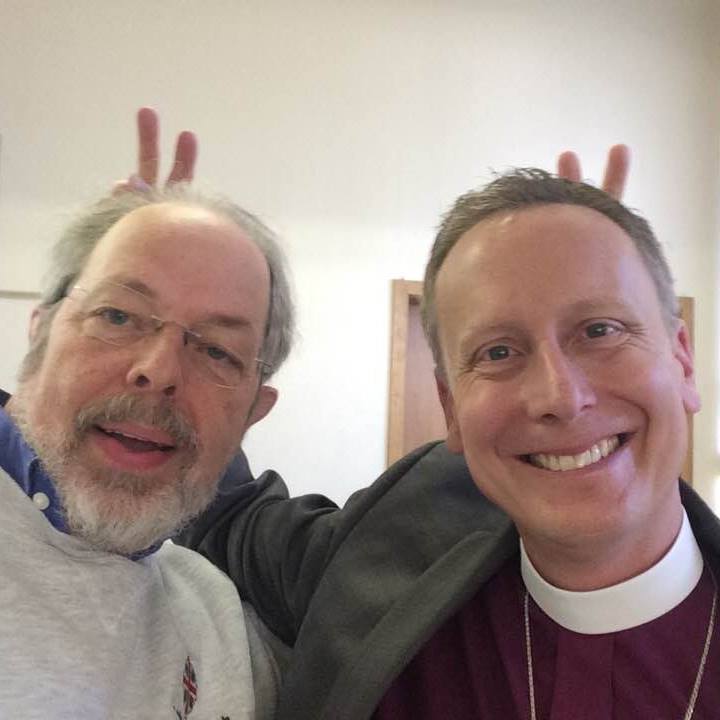
 From
From 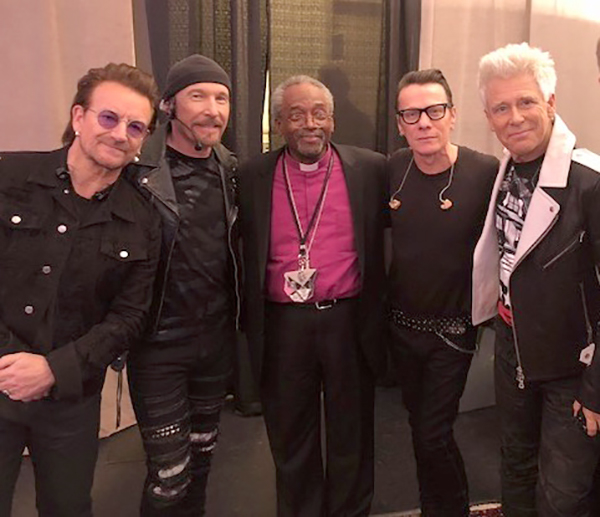
 The Right Reverend Rob Hardwick is cycling across Canada in the name of unity, healing and reconciliation.
The Right Reverend Rob Hardwick is cycling across Canada in the name of unity, healing and reconciliation.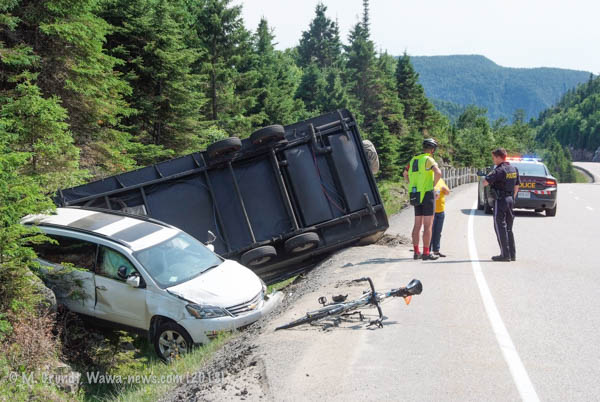

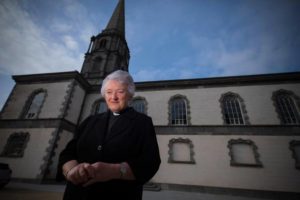 From
From 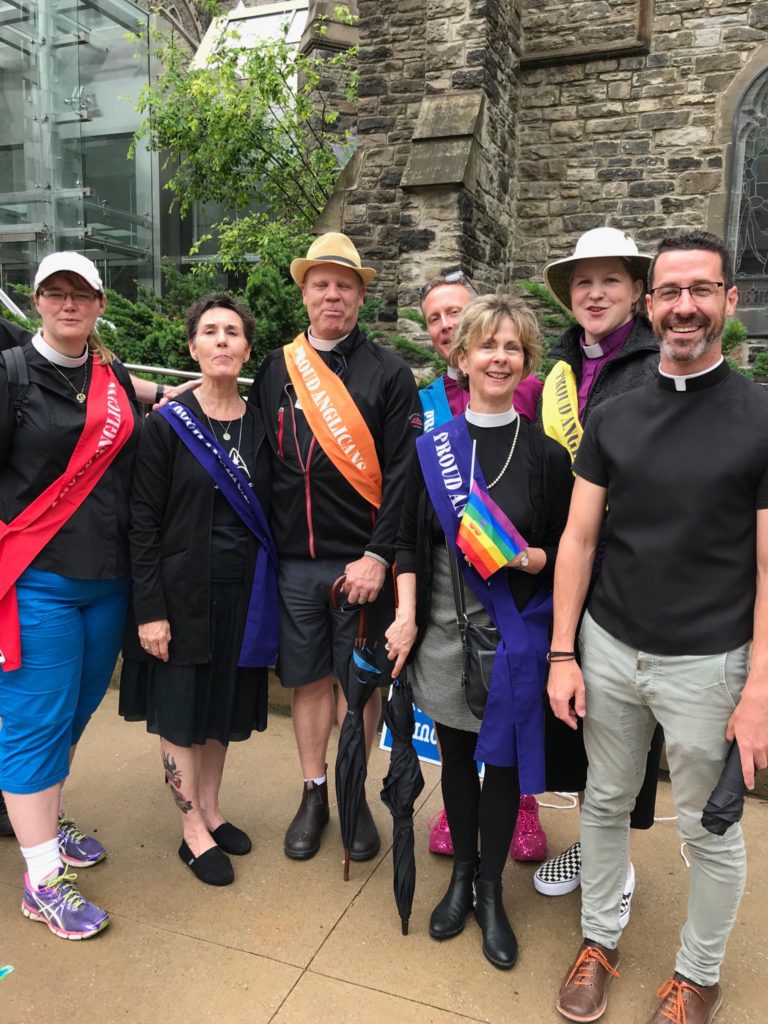
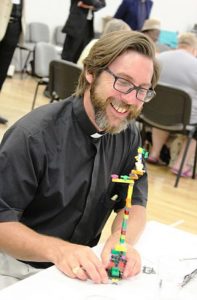 The Church of England wants to build a new future… using Lego.
The Church of England wants to build a new future… using Lego.